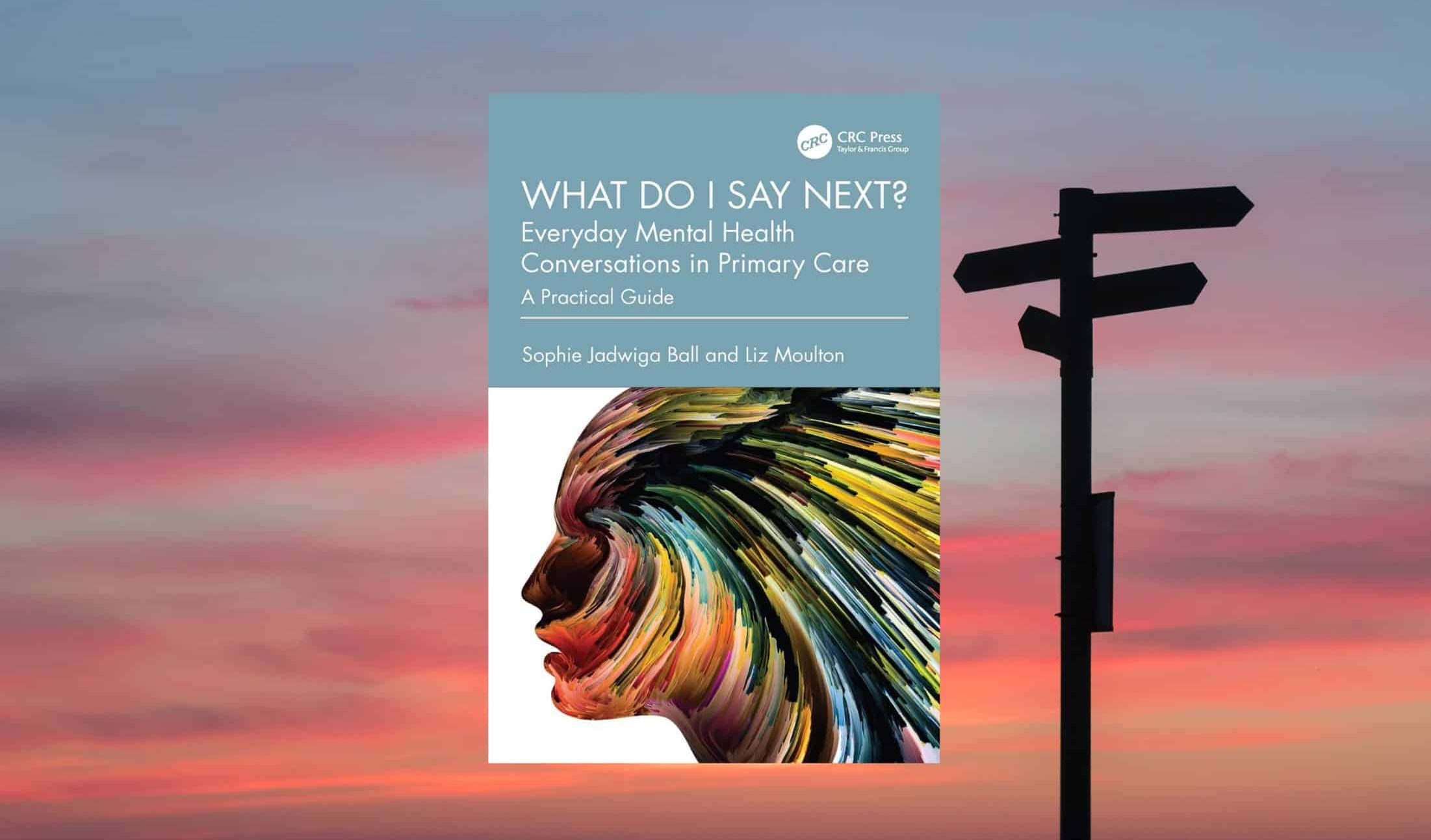 Hannah Milton is a GP, mum, and a runner.
Hannah Milton is a GP, mum, and a runner.
Liz Moulton is well known for her 2007 (updated 2016) book The Naked Consultation. I missed this when I trained as a GP around that time, but I am told, by newly qualified GPs, that it is standard reading for GP registrars. I shall certainly be catching up on it.
For this book she has paired up with Sophie Jadwiga Ball, a GP and trainer in New Zealand. This is her first book and her passion for general practice and education shines through and makes for an enjoyable read.
The book is set out with the RCGP curriculum in mind and so it will be very useful for trainees and trainers, but as an experienced (non-trainer) GP, I have found it useful too. Perhaps it is my patient population, my personality or perhaps it is true of all General Practice, but I notice that nearly all my consultations touch on mental health in some way. It is helpful that there are many, relatable clinical scenarios in each section of the book and specific examples of ways to phrase ‘what to say next’. Life-inexperienced, younger me would have found that incredibly useful during GP training and it has provided new ideas for me now.
Perhaps it is my patient population, my personality or perhaps it is true of all General Practice, but I notice that nearly all my consultations touch on mental health in some way.
It is interesting, as well as exposing, to re-visit my ‘consultation skills’ many years after qualifying as a GP. I recall using new ‘consultation techniques’ as a registrar and finding them clunky and unnatural. As I gained experience, I refined how and when to use different techniques in a way that felt authentic to me. However, over time I think I have become a little formulaic in my approach to tackling mental health presentations using some short cuts and some well-rehearsed lines. Whilst reading the book, I have managed to accept the familiar unnatural feel as I try out new tools, and I have noticed some helpful changes already.
I like that the book encourages self-empowerment and facilitating the patient finding their own solutions. In the opening pages the authors discuss a ‘transdiagnostic approach’ which means a holistic focus on symptoms rather than a specific diagnosis. They give the example of looking at how ‘worry’ is affecting a patient’s life rather than fixating on a specific diagnosis such as generalised anxiety or obsessive-compulsive disorder. This really resonated with me as I find many of my consultation entries lacking any specific diagnosis, but time well-spent (hopefully) discussing things that may improve life.
The authors don’t lose sight of the time limitations that we face in General Practice and some of the techniques encourage patients to reflect on their own coping skills during the ‘data gathering’ stage. Having tried this in practice, it really does bring patients alongside in agreeing an achievable plan early in the consultation.
I like that the book encourages self-empowerment and facilitating the patient finding their own solutions.
I frequently signpost patients to ‘talking therapies’ and flippantly mention CBT, so it is useful to have a simple refresh of exactly what CBT is and ways I could incorporate it into everyday consultations. The book distils many different models of therapy into a manageable format including Acceptance and Commitment Therapy (ACT), Motivational Interviewing, Transactional Analysis, Behavioural Activation and the use of metaphor. It has made me more mindful of the way I phrase my reflections to patients. I am more able to highlight and enhance a patient’s own skills rather than dictating a new plan that I think should work.
This is a book I can see that I will re visit frequently to top up my consultation skills to empower my patients.
Featured book: Sophie Jadwiga Ball and Liz Moulton, What do I say next? Everyday mental health conversation in primary care: a practical guide, CRC Press, 2023, 268 pages, ISBN 978-1-032-51318-8 £26.99 paperback.
Featured photo by Javier Allegue Barros on Unsplash.






